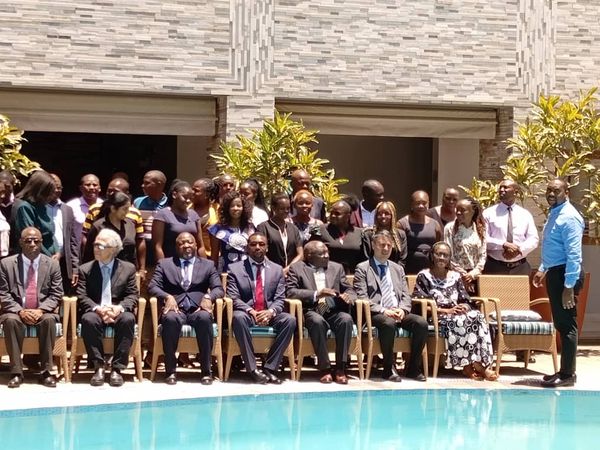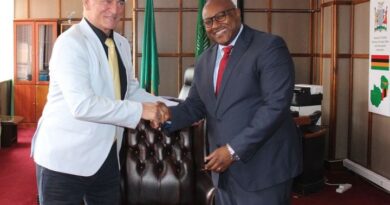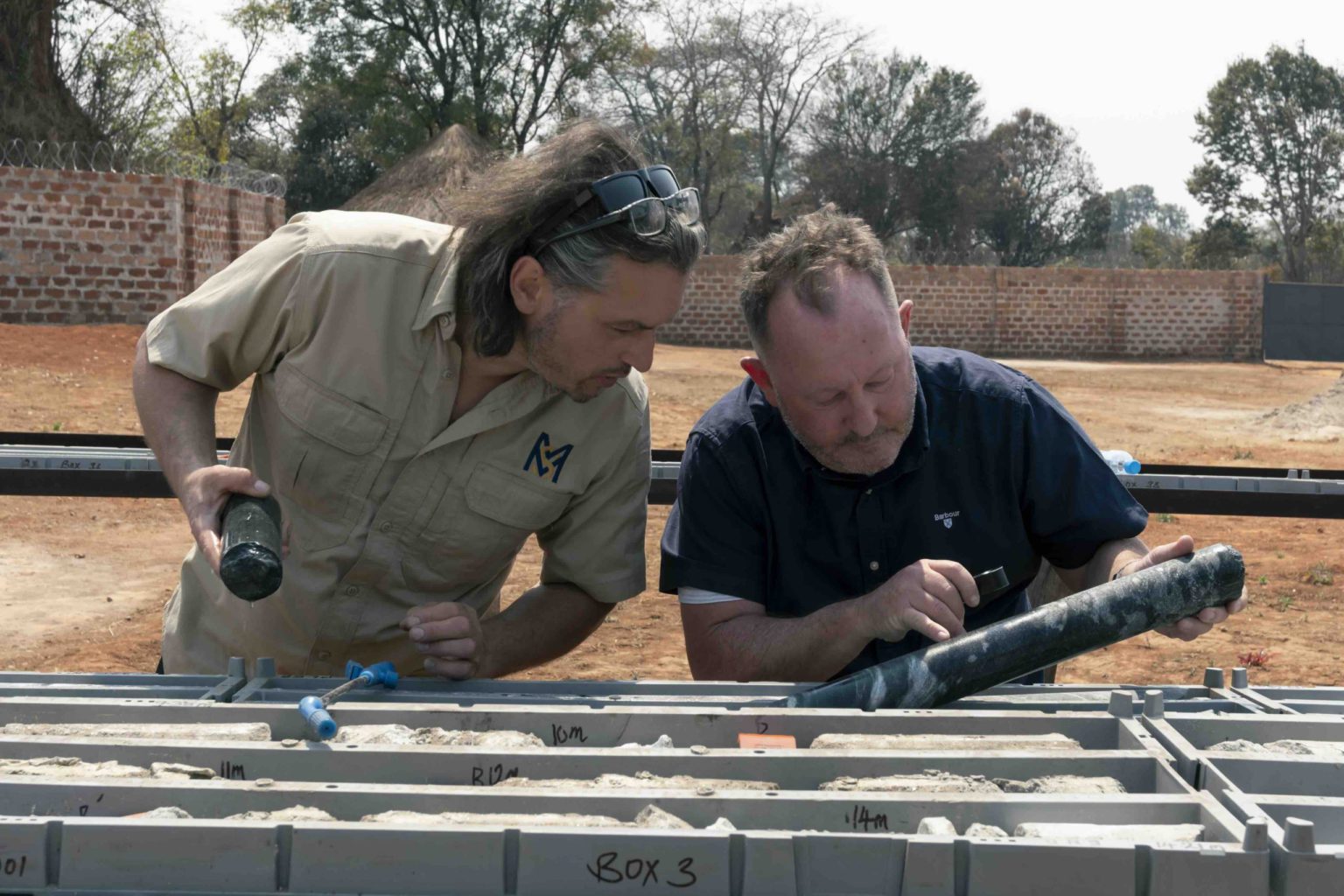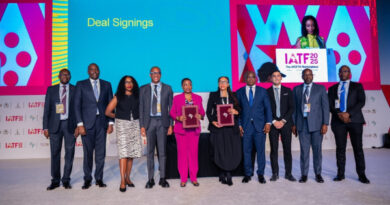Zambia Prioritizes Biogas as Cleaner Energy Alternative in National Technology Assessment
The Zambian government, in collaboration with the United Nations Conference on Trade and Development (UNCTAD), has reaffirmed its commitment to advancing biogas as a cleaner energy alternative to charcoal.
This commitment was underscored during a National Stakeholders’ workshop held at the Radisson Blu Hotel in Lusaka, where the Ministry of Technology and Science (MoTS) convened experts to assess the potential of biogas technology.
In a speech delivered by Acting Permanent Secretary Mr. William H. Katongo on behalf of Dr. Brilliant Habeenzu, Permanent Secretary for the Ministry of Technology and Science, the government emphasized the critical role of biogas in addressing the country’s energy needs while promoting environmental sustainability.
Dr. Habeenzu highlighted the government’s prioritization of the energy sector, particularly the exploration of biogas technology, as a cleaner and more sustainable alternative to charcoal.
Acknowledging the importance of the Technology Assessment (TA) project, Dr. Habeenzu expressed anticipation for its results, emphasizing its potential to contribute significantly to the advancement of biogas technology in Zambia.
He emphasized that biogas not only meets the growing demand for sustainable energy but also aids in reducing harmful emissions, aligning with Zambia’s commitment to environmental responsibility.
Michael LIM, the Economic Affairs Officer from UNCTAD, emphasized the significance of TA for Zambia, stating that it would empower citizens with knowledge about various technologies and their benefits.
He emphasized biogas as a pilot project to build capacity in both the private and public sectors, allowing Zambians to determine the most suitable technologies for the country’s development.
Accompanying the Acting Permanent Secretary were officials from the Ministry of Technology and Science, including Mr. John Chongo, the Assistant Director of Science and Technology and focal point for the TA project.
The workshop also saw the participation of directors from other line ministries, representatives from private and public institutions, local experts in science, technology, and innovation, as well as stakeholders from the energy and agriculture sectors.



